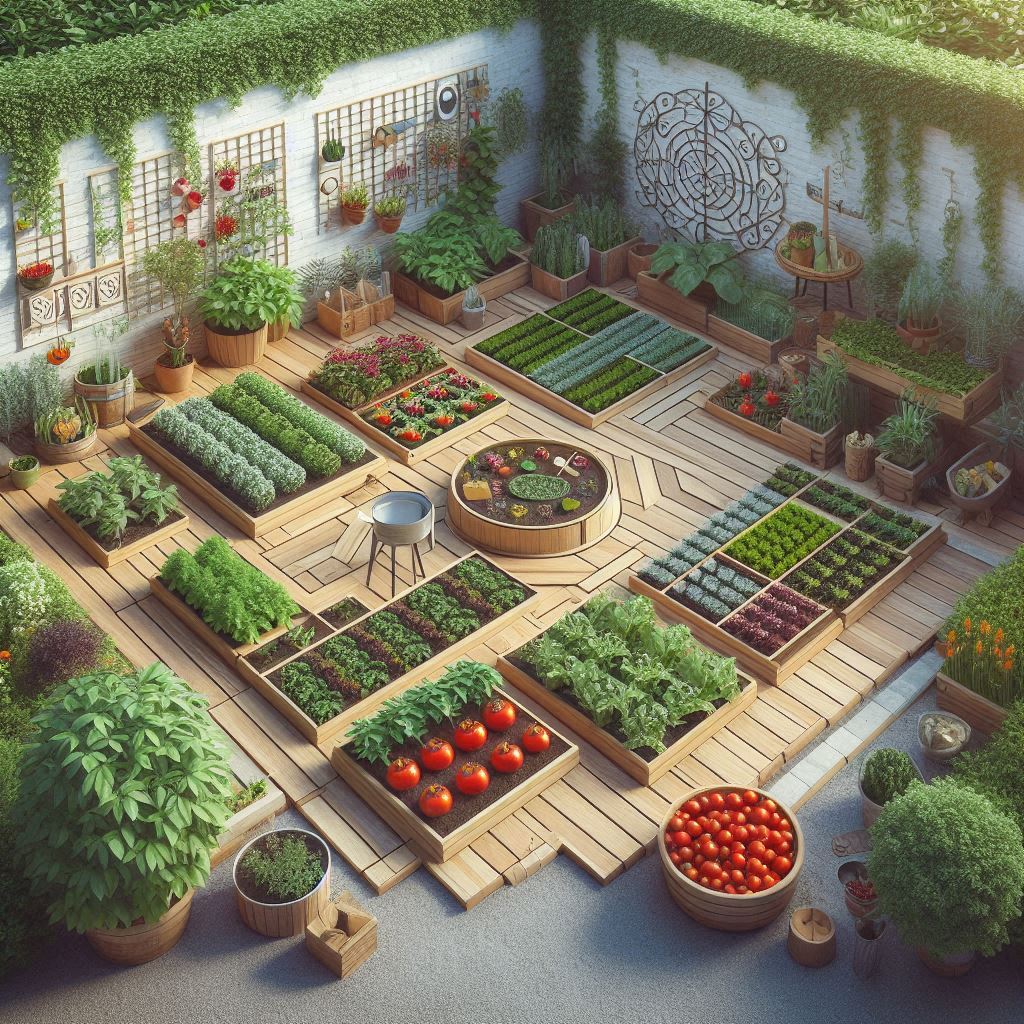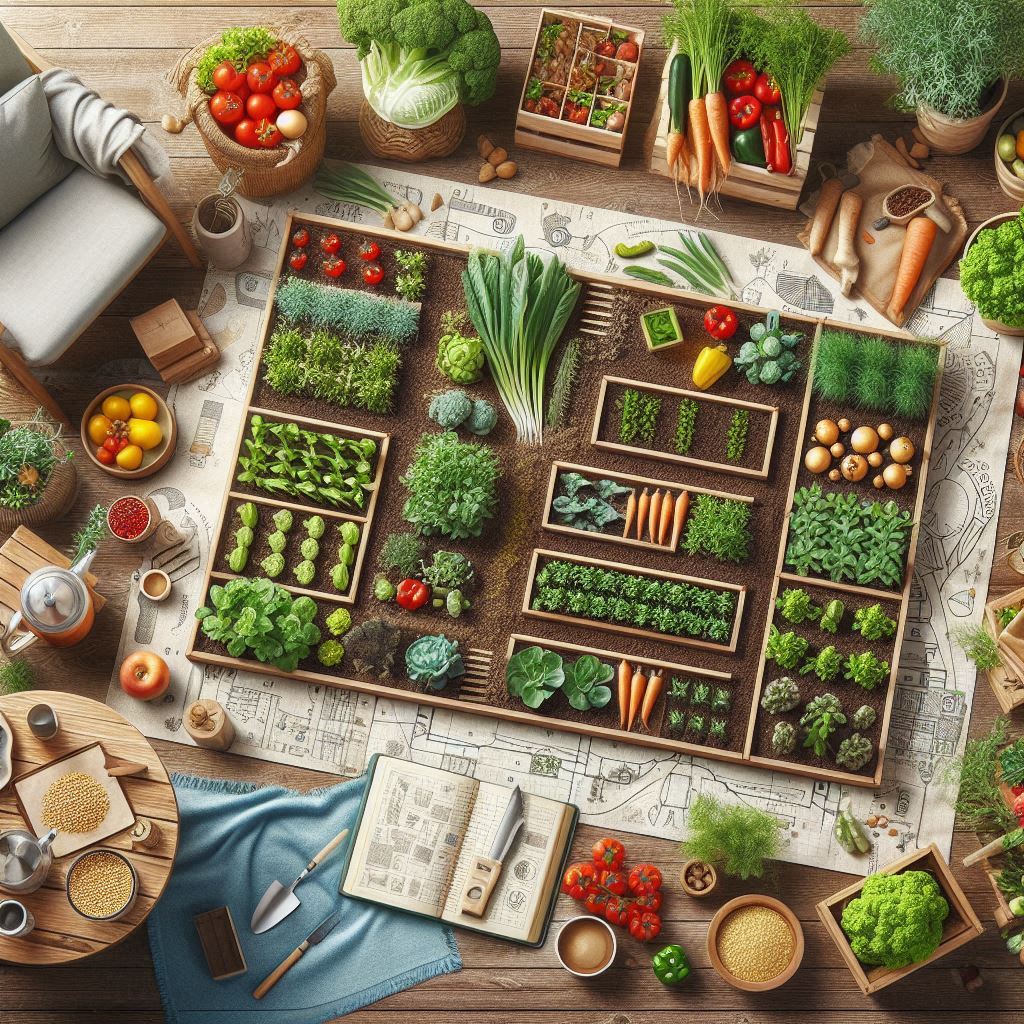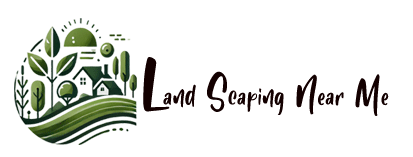A raised bed garden is like a well-crafted piece of art—elegant, structured, and bursting with life. It offers numerous advantages, from better soil control to improved drainage, making it a gardener’s delight. However, just as a diamond has its flaws, the raised bed garden layout isn’t without its drawbacks. If you’ve been searching for garden maintenance near me, understanding both the pros and cons of this gardening style is essential before taking the plunge.

1. Higher Initial Costs: A Price to Pay for Perfection
A raised bed garden is like building a luxury home for your plants—it requires a strong foundation, quality materials, and meticulous planning. Unlike traditional in-ground gardening, where you work with existing soil, raised beds demand investment in constructing the walls and filling them with nutrient-rich soil. The cost of lumber, bricks, or stone can quickly add up, especially if you’re aiming for durability and aesthetics.
That being said, if you’ve ever searched for garden maintenance near me, you know that investing in a quality garden setup can save you time and money in the long run. A well-constructed raised bed ensures a healthier garden with fewer pests and weeds, reducing future maintenance costs.
2. Frequent Soil Maintenance: The Battle to Retain Fertility
Maintaining a raised bed garden is like tending to a delicate masterpiece—it requires consistent care and nourishment. Unlike natural ground soil that benefits from deep-rooted plants and underground ecosystems, raised beds rely entirely on the gardener’s input. Over time, soil in raised beds can deplete its nutrients and require frequent amendments, such as compost, organic matter, and fertilizers.
If you’re typing garden maintenance near me into your search bar, chances are you’re looking for experts to help keep your garden thriving. Raised beds, while rewarding, require ongoing attention to ensure soil health remains optimal.
3. Watering Challenges: A Double-Edged Sword
A raised bed garden is like a sponge—great at absorbing water but quick to dry out. Because the soil in a raised bed is elevated, it has better drainage than traditional gardens. However, this benefit comes at a cost. Raised beds dry out faster, especially during hot summers, meaning you’ll need to water more frequently.

For those who have searched for garden maintenance near me, installing a drip irrigation system can be a game-changer. While this adds to the initial cost, it ensures your plants receive consistent moisture without daily manual watering.
4. Limited Root Growth: Constraining Nature’s Potential
Imagine a bird trying to stretch its wings in a small cage—that’s what deep-rooted plants experience in a raised bed garden. While raised beds are fantastic for shallow-rooted vegetables like lettuce and radishes, deep-rooted crops such as carrots, potatoes, and tomatoes may struggle. The depth of your raised bed will determine what you can grow, meaning some plants may not reach their full potential.
If you frequently look up garden maintenance near me, consider consulting a professional to determine the ideal bed depth for your chosen plants. A well-planned raised bed can overcome this limitation, but it requires strategic planning.
Final Thoughts: Weighing the Pros and Cons
A raised bed garden is a double-edged sword—offering unparalleled control, organization, and aesthetics while demanding higher initial investment and maintenance. If you’re serious about gardening and have been searching for garden maintenance near me, raised beds can be an excellent choice, provided you’re ready for the extra effort they require.
Whether you choose raised beds or traditional gardening, understanding the needs of your plants is the key to a flourishing, vibrant garden. Like any masterpiece, a well-maintained garden, no matter its layout, will always be a source of pride and joy!



